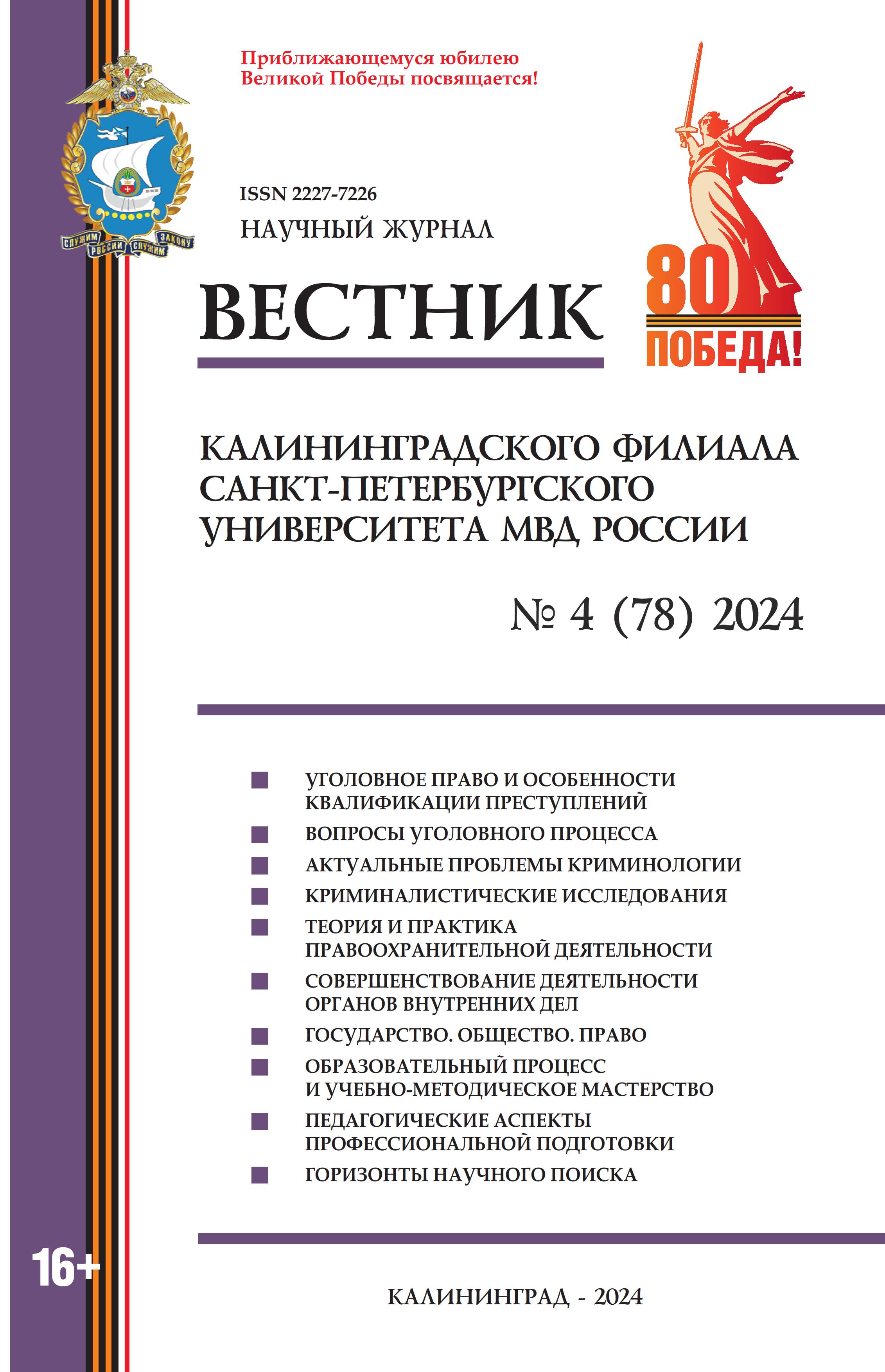Introduction. In order to develop a comprehensive approach to combating corruption, to form an intolerant attitude towards it in society, to eliminate the conditions for it, including the atmosphere in society conducive to its manifestation, and to create an anti-corruption standard of behavior, the President of the Russian Federation adopted a number of decisions, in accordance with which the first National Anti-Corruption Plan was developed and approved. In addition, for the first time in the history of the country, a decree was signed aimed at forming a system of combating corruption, and a law on combating corruption was adopted. This law determines that involving state and municipal employees, as well as citizens in more active participation in combating corruption is one of the main areas of activity of state bodies, and one of the measures to prevent corruption is the formation of intolerance to corrupt behavior in society. This social and criminological problem was the subject of a study, the results of which are presented in this article. The author examined intolerance to corruption crime through the prism of norms and standards established in society, psychological characteristics of its perception and the needs for the formation of appropriate behavior, threats to national security. The article presents objective reasons that prevent the formation of an intolerant attitude towards corruption. Methods. In the course of the study, general scientific and specific scientific methods of cognition, methods of empirical and theoretical study of objective reality were used. Results. The formation of intolerance towards corruption is a multifaceted problem located at the intersection of interests of biological, historical, political, psychological, medical, sociological, philosophical, legal branches of science. Therefore, the search for ways to solve it requires an integrated approach. The research results obtained in this way affect each of the listed scientific branches and allow improving the strategy and tactics of combating corruption.
Anomie, anti-corruption education, corruption, mythologization, intolerance to corruption, counteraction to corruption







